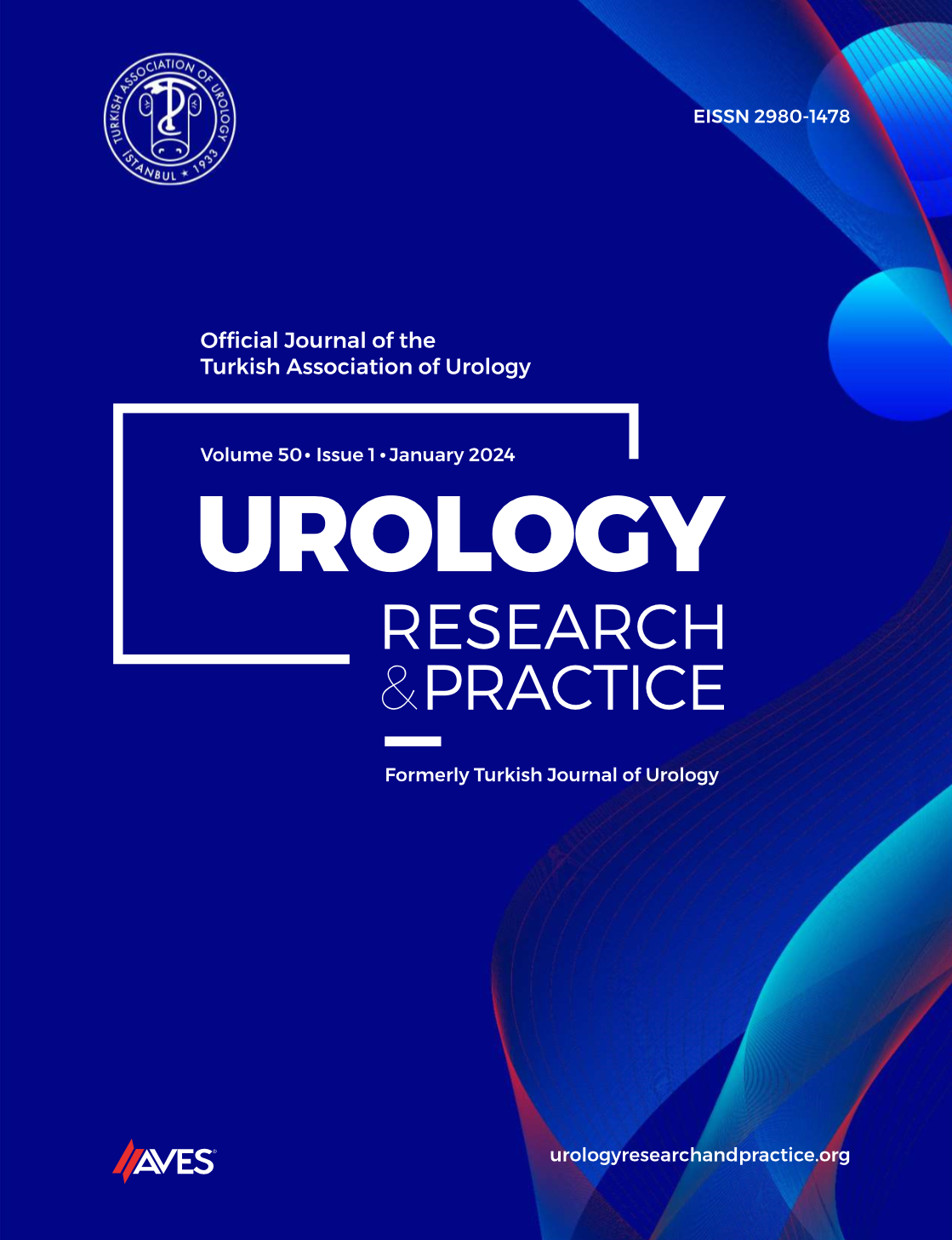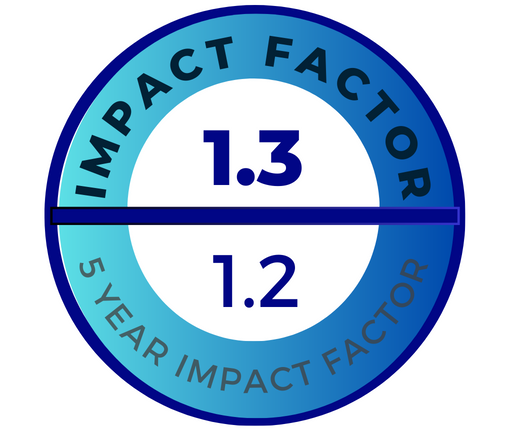Abstract
Objective: To present our experience with laparoscopic donor nephrectomy (LDN), our complications and management modalities.
Material and methods: Fifty-one transperitoneal LDNs performed in our clinic between the years 2011, and 2015, were evaluated retrospectively. Demographic characteristics of the patients, operative and postoperative data and complications were evaluated.
Results: Nineteen female and 32 male patients with ages ranging from 24 to 65 years underwent left- (n=44), and right-sided (n=7) LDNs. Six patients had two, and one patient three renal arteries. Mean operation time was 115±11 (min-max: 90-150) minutes, and mean warm ischemia time 111±9 (min- max: 90-140 sec) seconds. Mean hospital stay was found to be 2.5±0.5 days. No patient needed to switch to open surgery. In one patient, lumbar vein was ruptured, and hemostatic control was achieved laparoscopically. Postoperative paralytic ileus developed in two patients. Three patients had postoperative atelectasis, and a febrile (38.1oC) episode.
Conclusion: LDN is a minimally invasive method with advantages of short hospital stay, less analgesic requirement, and better cosmetic results. However it should be performed by surgeons with advanced laparoscopic experience.

.png)


.png)